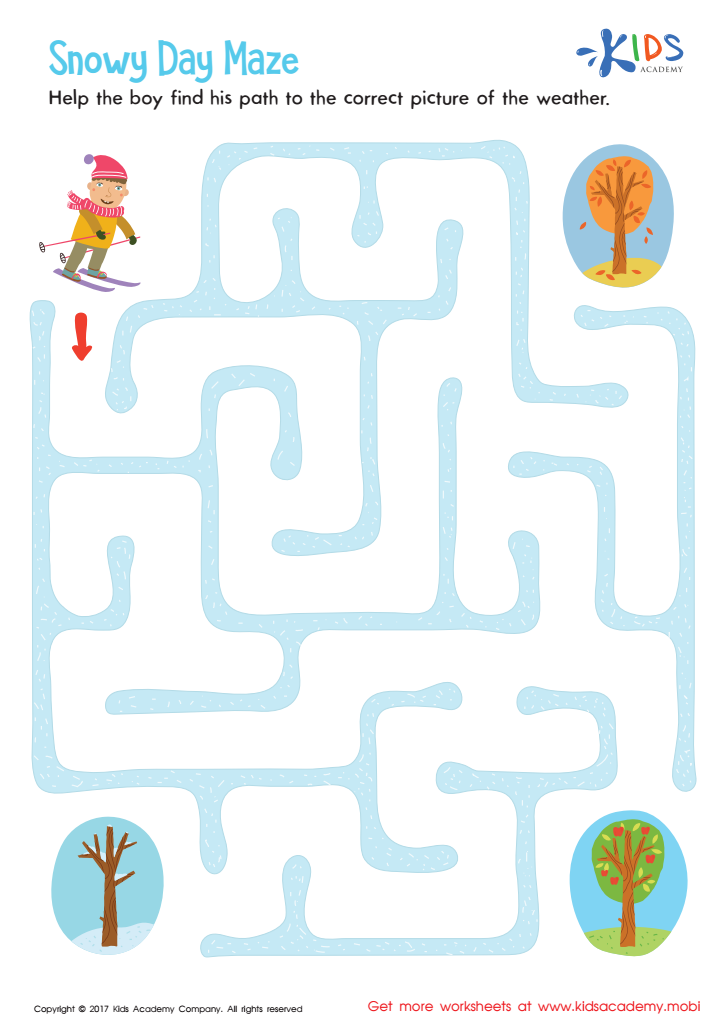Strategic thinking skills Worksheets for Kids
1 filtered results
-
From - To
Question/Answer
What does the Strategic thinking skill mean when it comes to Kindergarten Seasons learning?
Strategic thinking in the context of Kindergarten Seasons learning involves helping children understand the cyclical nature of seasons, anticipate changes, and plan activities or select appropriate clothing based on the season. It encourages the development of forward-thinking and planning abilities, even in a simple and age-appropriate way, by linking their observations of the natural world to actions and decisions.
What are some effective activities to train students’ Strategic thinking skill when teaching them about Seasons?
To train students' strategic thinking skills in learning about seasons, engage them in problem-solving activities such as designing a year-round garden plan that accounts for seasonal changes, developing strategies for surviving extreme seasonal scenarios, and creating a marketing campaign for a seasonal product. These activities require students to anticipate, plan, and adapt strategies based on the characteristics of each season.
How does the mastery of the Strategic thinking skill affect a student's performance at an early age?
Mastery of strategic thinking at an early age significantly enhances a student's performance by improving problem-solving skills, decision-making abilities, and adaptability to new situations. It fosters foresight, planning capabilities, and a deeper understanding of consequences, leading to more effective learning strategies, higher academic achievement, and better preparation for future challenges.


 Assign to the classroom
Assign to the classroom












